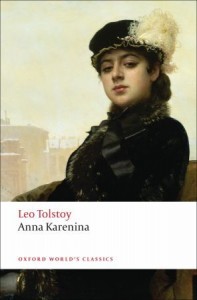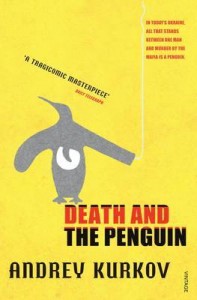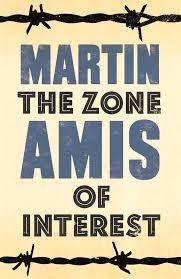 May has been a big month for me. I have been preparing for a trip to New Zealand and I also took time off before hand to get some reading done. In fact, I have scheduled this post in advance, so it will be posted on the right day. This does mean I will not be talking about my entire month of reading but just the highlights upon writing this. If you do want to see a full monthly wrap up, you will just have to subscribe to my YouTube channel and wait for it to be posted. I think I went into May with eleven reviews I still needed to write, and then add all the books I have read so far and I am so far behind. I get on a roll with my reading and it is much more fun reading than writing reviews. About a year ago I wrote my book blogging manifesto, which I have been reflecting on. So much has changed but my goals are still the same. I just need to remind myself to get back into writing more frequently.
May has been a big month for me. I have been preparing for a trip to New Zealand and I also took time off before hand to get some reading done. In fact, I have scheduled this post in advance, so it will be posted on the right day. This does mean I will not be talking about my entire month of reading but just the highlights upon writing this. If you do want to see a full monthly wrap up, you will just have to subscribe to my YouTube channel and wait for it to be posted. I think I went into May with eleven reviews I still needed to write, and then add all the books I have read so far and I am so far behind. I get on a roll with my reading and it is much more fun reading than writing reviews. About a year ago I wrote my book blogging manifesto, which I have been reflecting on. So much has changed but my goals are still the same. I just need to remind myself to get back into writing more frequently.
Looking at the Literary Exploration book club, we tackled translated fiction this month (a favourite of mine) and we read Wolf Totem, a Chinese novel by Jiang Rong and translated by Howard Goldblatt. I am glad we finally got to books in translation and I hope it encouraged many people to read more novels from other countries. As a reminder next month we are moving onto hard-boiled/noir theme and reading Double Indemnity by James M. Cain and I am looking forward to re-reading this classic.
This month has been a wonderful month for reading but I am still very behind in blogging. Highlights of the month have included Get Shorty by Elmore Leonard, Aquarium by David Vann, The Two Faces of January by Patricia Highsmith and a re-read of Anna Karenina for my Russian lit project. However, I am packing some great books to take away with me, including more Russian classics, so I think by the time this post goes up, I would have had a wonderful month. I am sad that I was not able to do a longer wrap up post talking about my entire reading month but a much need vacation was a better option. I will be back to a normal wrap up next month; but I would love to know what everyone else read this month.

 Title: Wolf Totem (
Title: Wolf Totem ( Title: Anna Karenina (
Title: Anna Karenina ( Title: Death and the Penguin (
Title: Death and the Penguin ( Title: The Zone of Interest (
Title: The Zone of Interest ( Title: The Whispering City (
Title: The Whispering City ( Title: A Young Doctor's Notebook (
Title: A Young Doctor's Notebook ( Title: Something Coming Through (
Title: Something Coming Through ( Title: Mr. Kiss and Tell (
Title: Mr. Kiss and Tell ( Title: The Stranger (
Title: The Stranger (